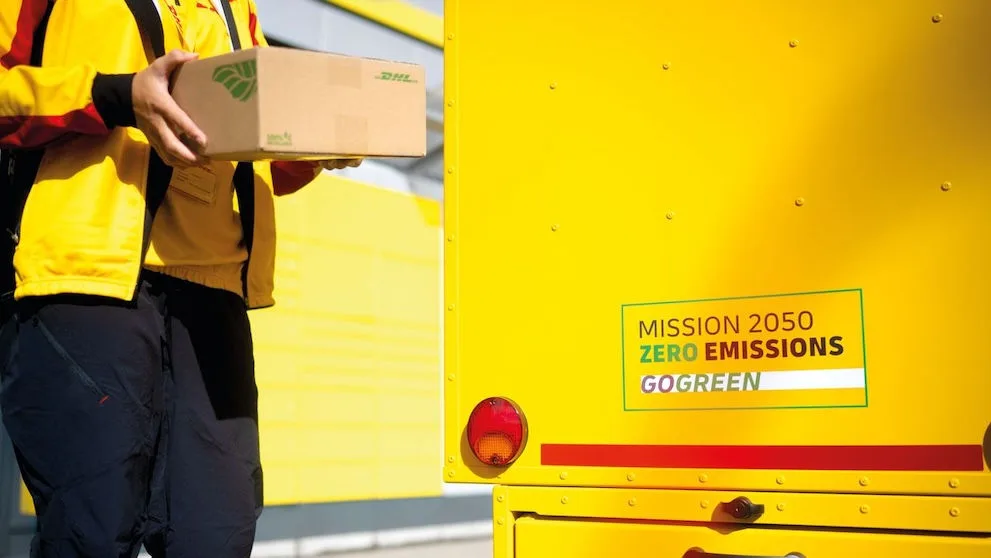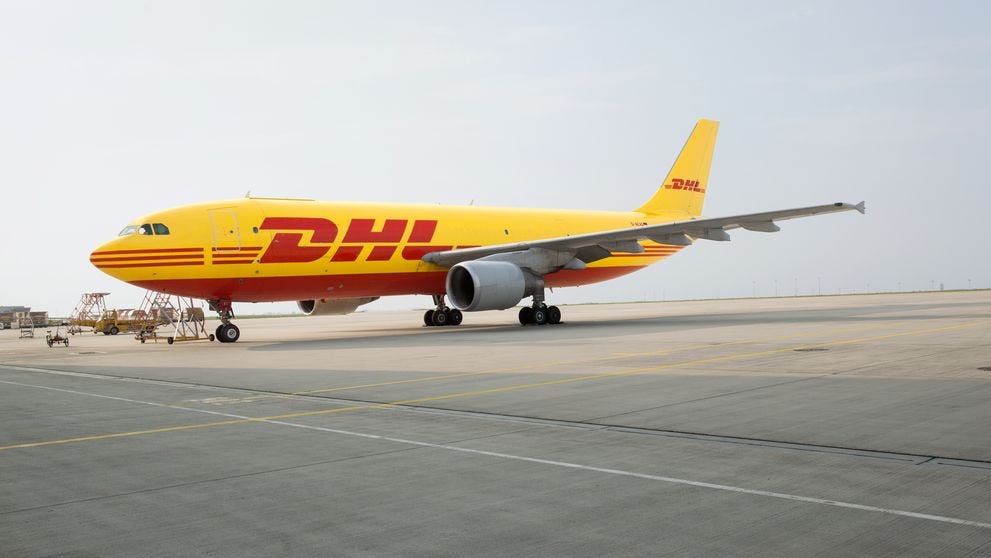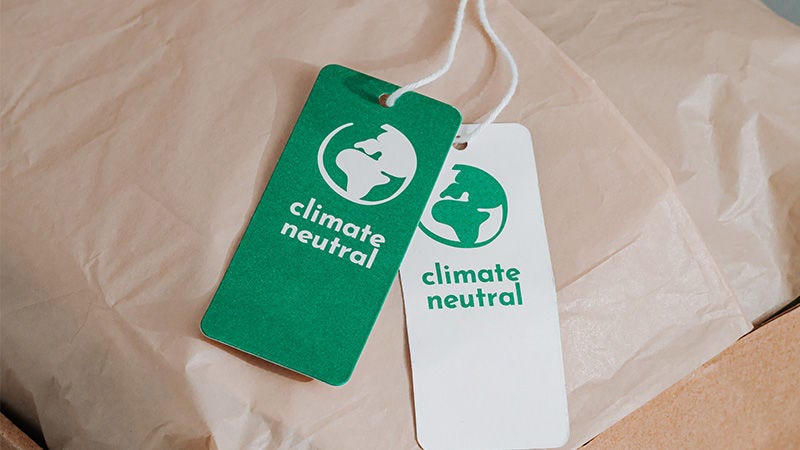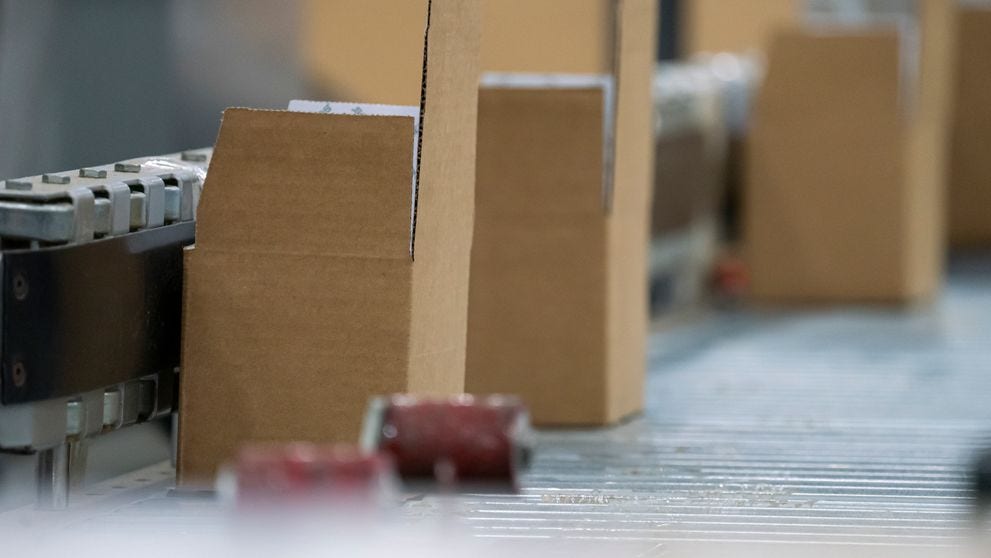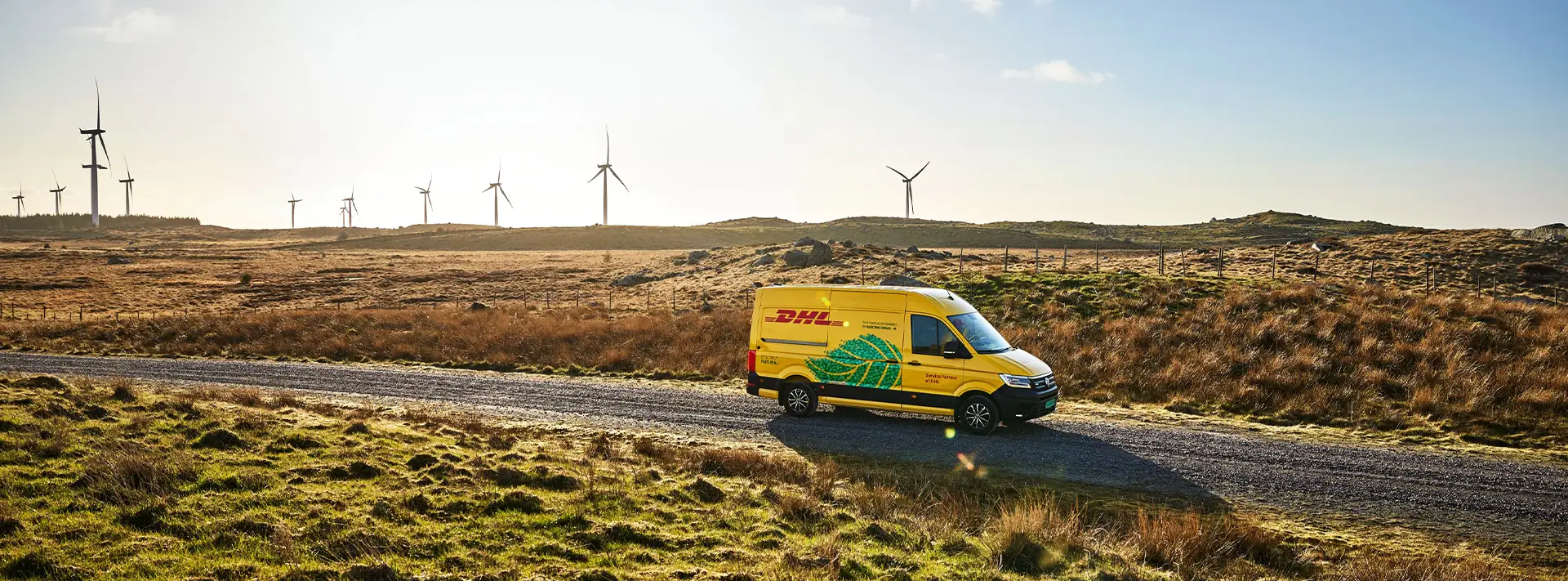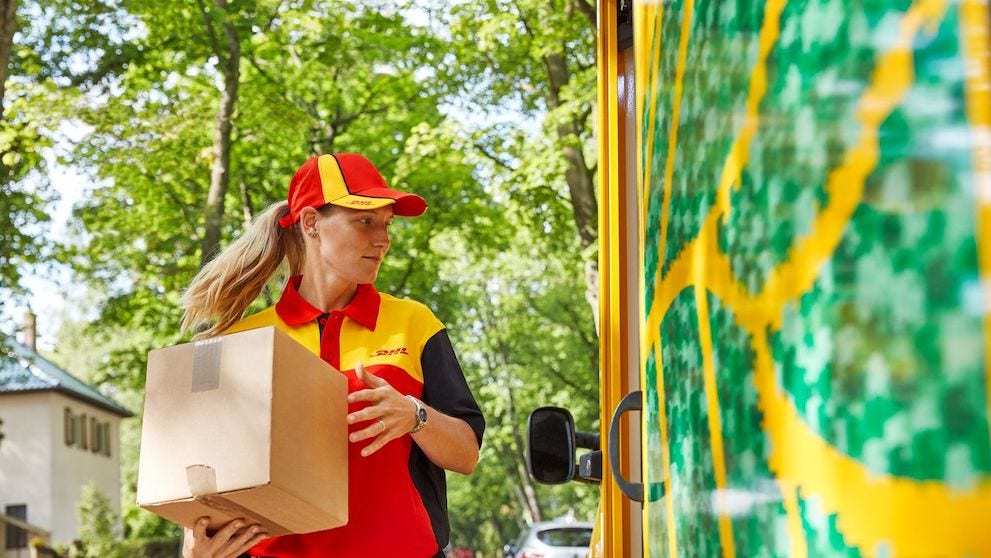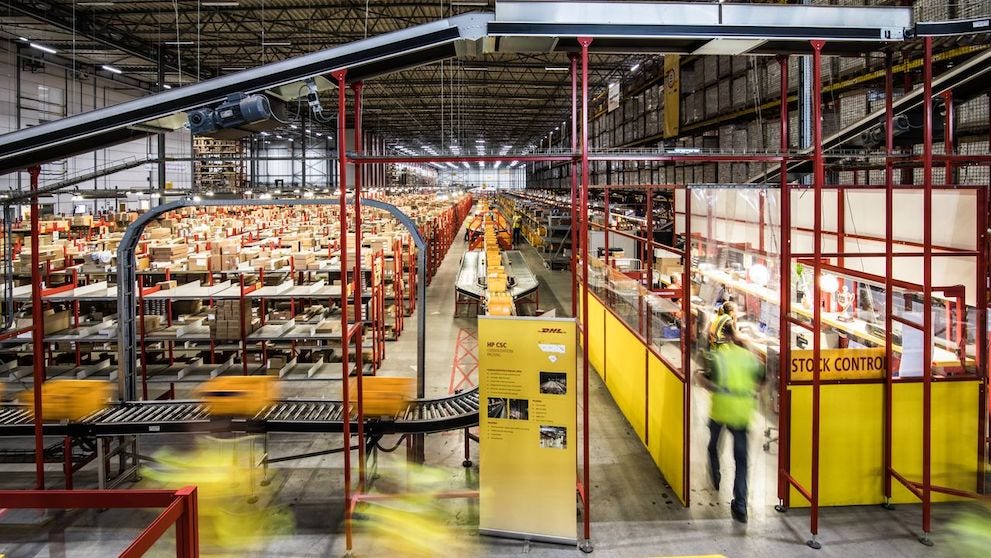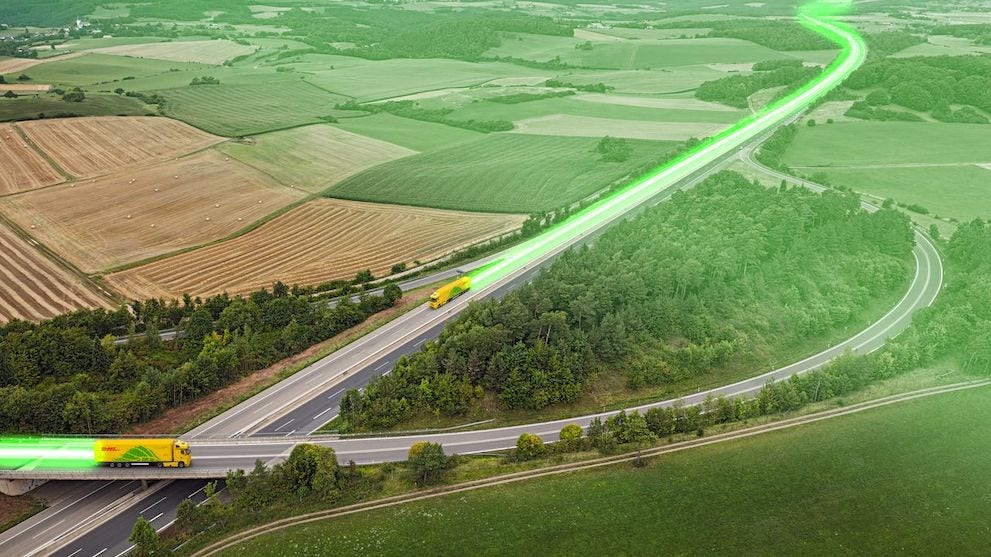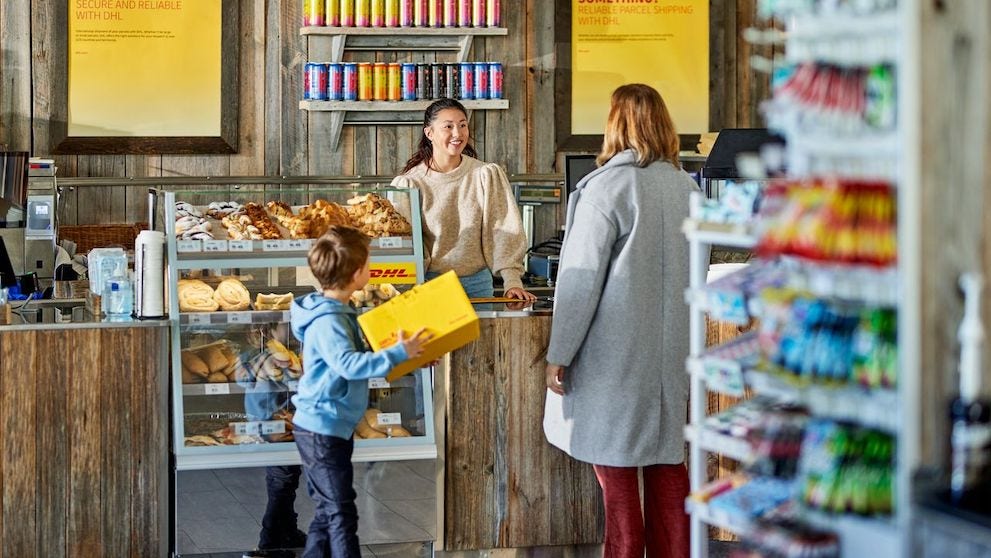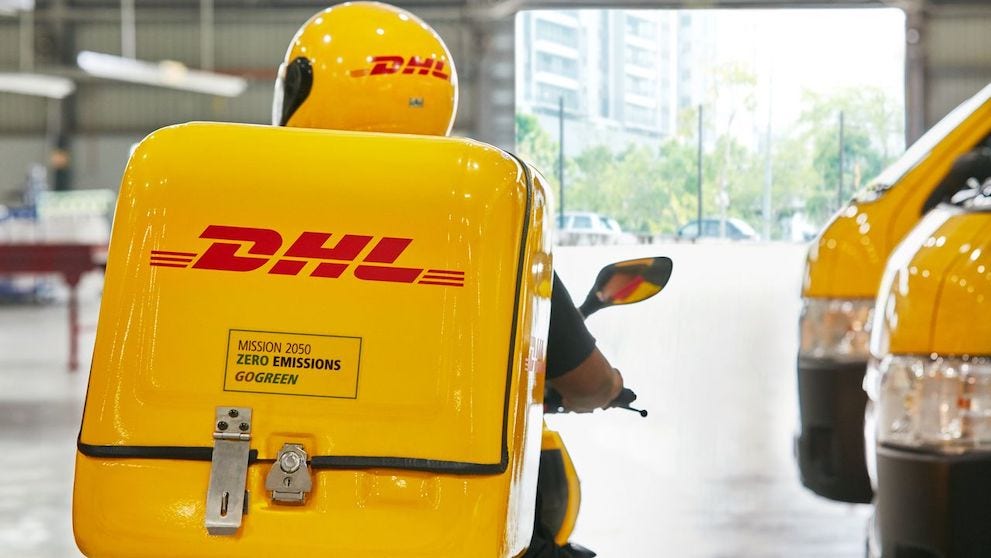
Environmental sustainability is gaining popularity among consumers as they grow aware of how closely their well-being is tied to their environment. Greenhouse gas emissions are the leading cause of global climate change, including air pollution, melting glaciers, famines, extreme weather patterns, and inhospitable desert environments. Over the recent decades, the increase in the global carbon footprint has driven businesses and individuals to switch to sustainable and eco-friendly practices to ensure the well-being of all living things.
Environmental sustainability involves more than reducing the global carbon footprint, as it also includes the offsetting of it to prevent further damage and mitigate the harmful effects that’s already inflicted. Both individuals and corporations have to take steps to achieve this goal. Individuals are becoming more aware of how their actions have a direct impact on their environment and their responsibility to make environmentally-sustainable choices. Due to the change in perspectives, it is important for businesses to adopt sustainable business practices for them to grow.
Almost all logistics vehicles use hydrocarbon fuels which produce CO2 in the air. With the increased awareness towards environmental sustainability, the logistics industry has to adapt by embracing greener practices. This is especially so considering the boom of e-commerce throughout the pandemic.
In response to this, DHL Express has committed to achieving zero emission by 2050 through initiatives such as:
GoGreen Plus: aims to reduce carbon produced by air freight carriers by switching to sustainable aviation fuel (SAF).
Sustainable Marine Fuel: aims to reduce the use of heavy fuel oil and switching to sustainable marine biofuel.
Electric vehicles: aims to have at least 60% electric vehicles for last-mile deliveries by 2030.
This article discusses how DHL Express is reshaping the logistics industry through sustainable solutions, as well as the importance and benefits of environmental sustainability.
Importance of environmental sustainability
Environmental sustainability is not just important for the health of the environment and the well-being of all living things. It is also essential for economic growth and business expansion today. An eco-friendly business regulates its energy usage and reduces the number of plastics that it consumes. ItThis is noted by Mckinsey & Company, a global management consulting firm, that environmental sustainability is able to help businesses creates opportunities to increase their profit margins but it will take time. Practising environmental sustainability in business settings aligns the pursuit of profits with the population’s well-being. In an article written by GreenBiz, it is indicated that cConsumers are growing increasingly concerned about the impact of their actions on the environment, with 63% finding climate change a serious issue. It’s no surprise then for them to adopt sustainable practices in their daily lives and adopt the choice to support green businesses.
Thus, it is more prudent than ever to use renewable resources, protect the ecosystem, and practise environmental consciousness to ensure the sustainability of the planet and its population. The human population is projected to reach 11 billion by 2100, reports Statista. Although the planet's size remains the same, its natural resources are continuously depleting. Eco-friendly business practices must be adopted for global economies to continue developing sustainably.
Benefits of environmental sustainability
- Apart from ensuring a greener and more sustainable planet, eco-friendly business practices entail several other benefits:
- As more consumers exercise sustainable choices, businesses can attract new customers by adopting economically sustainable business practices.
- Many governments worldwide offer tax incentives and rebates to companies that implement sustainable practices in their operations.
- Practising sustainability also helps companies reduce energy-related costs.
- Implementing sustainable practices within organisations boosts morale and fosters a culture of teamwork among employees.
- Organisations can reduce their corporate carbon footprint by adopting eco-friendly business practices, improving air and water quality, and less landfill.





